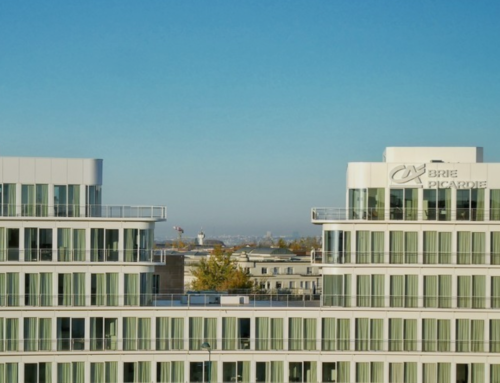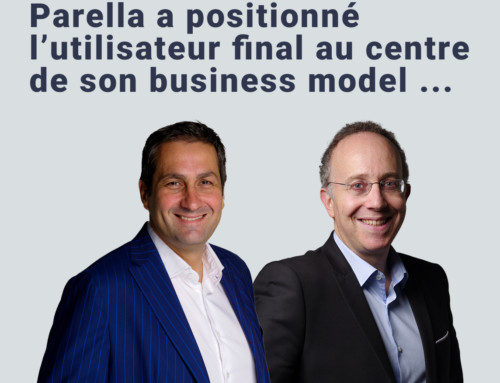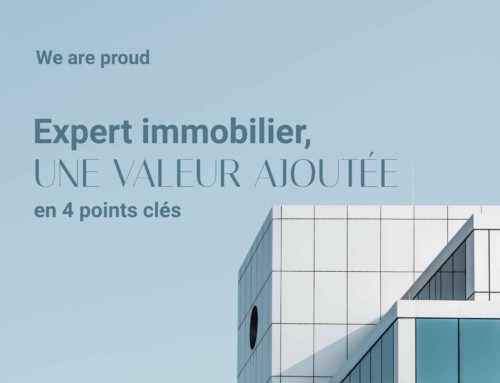How do we get our people back to the office?
This is certainly the question I have been asked most often in recent months
Some, such as Elon Musk, have a rather radical view of the subject and have recently made headlines by calling teleworking "pseudo-work" and generously granting it to their employees provided they spend a minimum of 40 hours a week in the office.
Fortunately, other approaches exist.
Because the subject concerns all companies, our customers, and ourselves, Parella.
Last week, we were lucky enough to welcome Bruno Dranesas, Director of Editorial Strategies at Elephant at Work, to our offices for the screening of Thomas Raguet's documentary "Etmaintenant qu'on fait?The screening was followed by a discussion in which this question came up strongly.
70% of our employees were present. It is clear that for us the return to the office is a reality - at least for this occasion.
What was it that motivated our staff and me?
Desire and meaning.
The desire to find ourselves together. The desire to share and to remind ourselves of the obvious: we are social animals and the period from which we are emerging has been experienced as terribly frustrating, as the film rightly reminds us. For our employees, this desire is strong and our response is twofold: to accompany the gradual transformation of our offices for greater comfort and conviviality, and to (re)create moments of life in the office
Giving meaning to our businesses. Parella's businesses are numerous and varied, our employees are not systematically required to work with all the other businesses and it is not easy for them to perceive the entire value chain. However, this is crucial as they are all confronted with the needs of our customers. As an employer, it is our duty to give them a complete view of our activities, a reading of our "footprint" and our DNA. It is up to us to strengthen our working habits together to break down silos. This expectation of employees is strong and legitimate, especially for the latest arrivals.
As a specialist in workspace design and transformation projects, we have to work on both.
Envy.
Employees will want to come back to the office if it is better than at home or in a third place. We must make the office desirable. It must be beautiful, of course, and comfortable. But not only that. Today it must respond to new hybrid uses. People will meet in the office for formal and informal exchanges, collaboration and co-creation, but also sometimes for concentration. The experience offered to the employee will have to go beyond that of teleworking at home. This is the daily challenge of our teams, to offer places "better than at home".
This step is a necessary condition for returning to the office, but it is not sufficient.
The meaning.
Our role is to help you give your workspaces a purpose, a meaning to the office. To do this, we will of course work with you on the different uses and organisation of work. But we will go further, by asking you questions in an obliging approach:
- How do you respond to your employees' expectations of meaning?
- How do you adapt your management methods?
- Do you see the evolution of the organisation of work and the associated spaces as a lever for the transformation of your company?
- How do you want or need to address the issues of attractiveness and retention of talent?
We are doing this work for ourselves, and we are aware that it is an employer brand issue that concerns the Executive Committee and the Human Resources Department, so we can help you. Your offices, your work spaces are an element of materialization.
Our employees have returned to the office, with new rhythms. The road is not always easy but we are really happy to have been able to meet again and our way of accompanying you has been enriched.
Feel free to watch Thomas Raguet's documentary, and let's talk about it, as we did with our teams.
Ludovic Legendre, Partner - Head of People & Transformation
Follow us on Linkedin to benefit from the next articles, between deciphering and market views of our experts.






